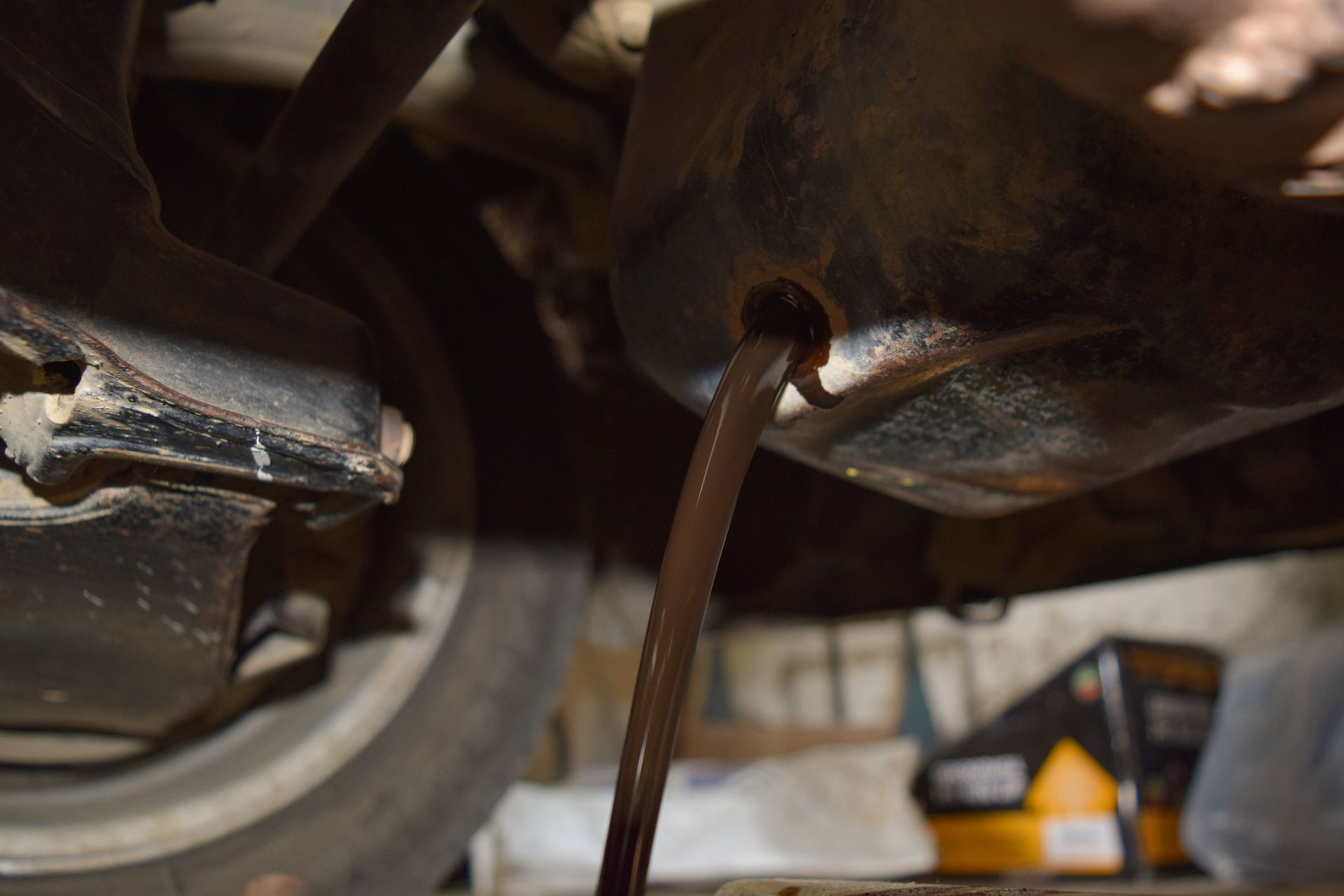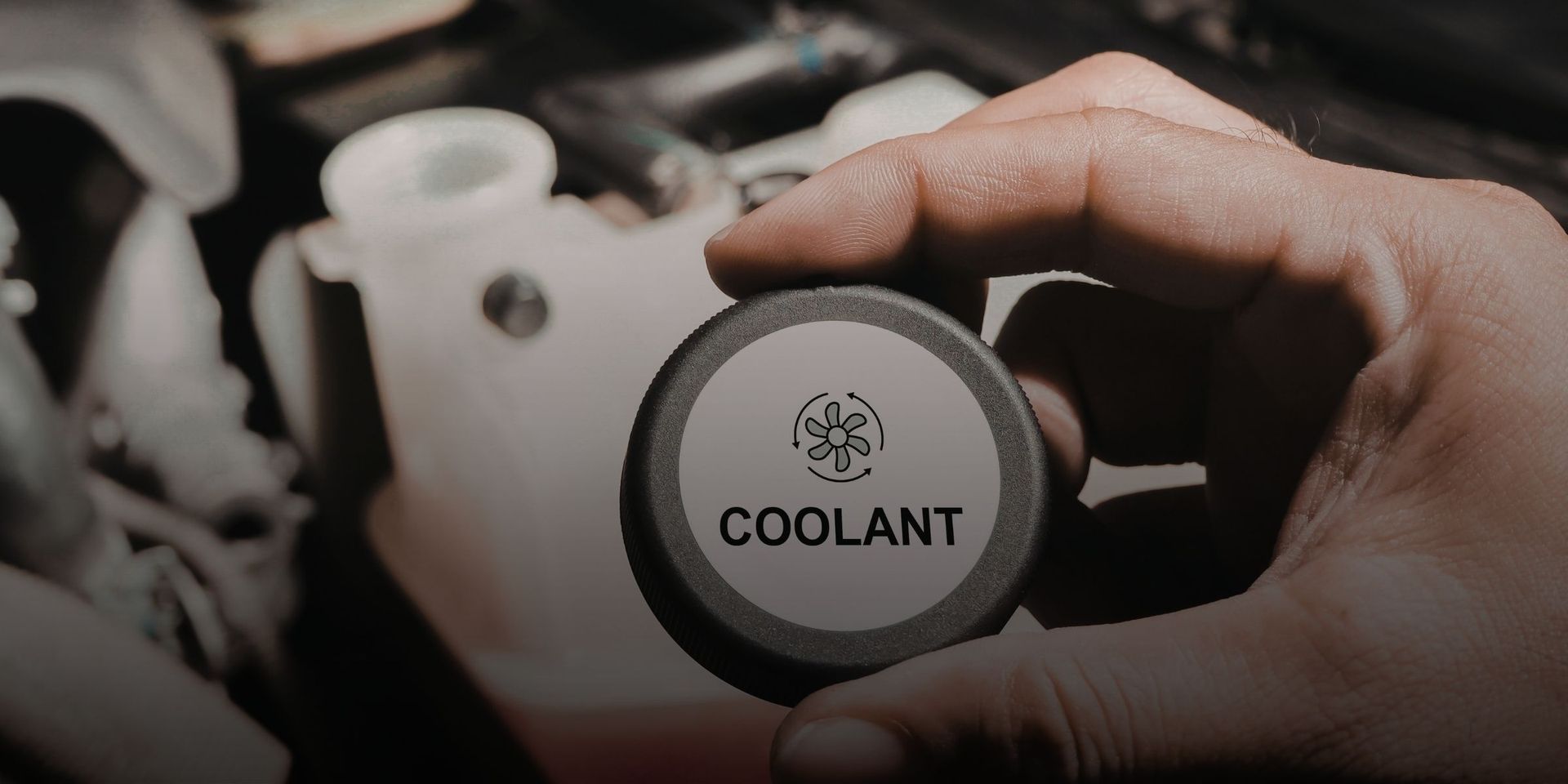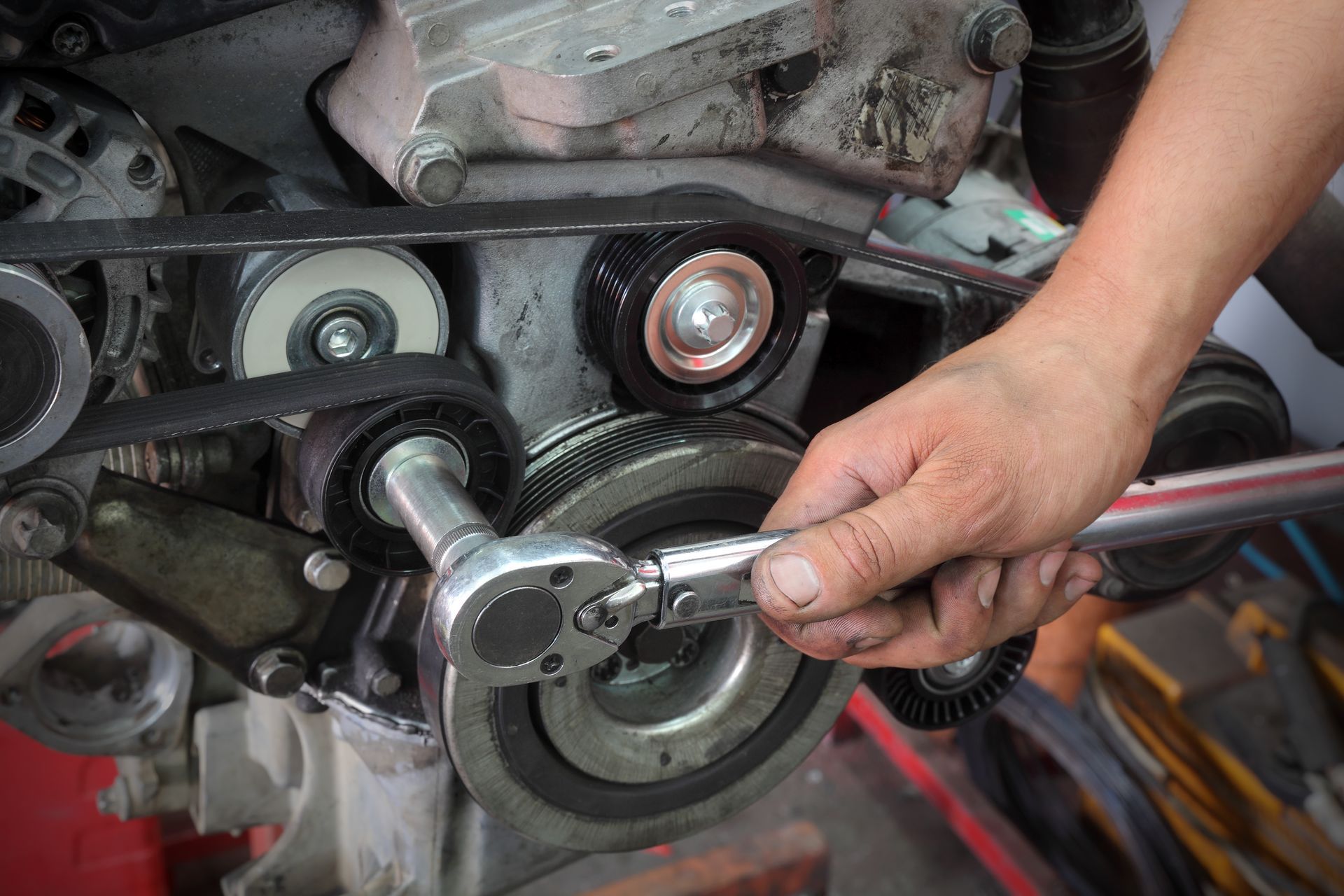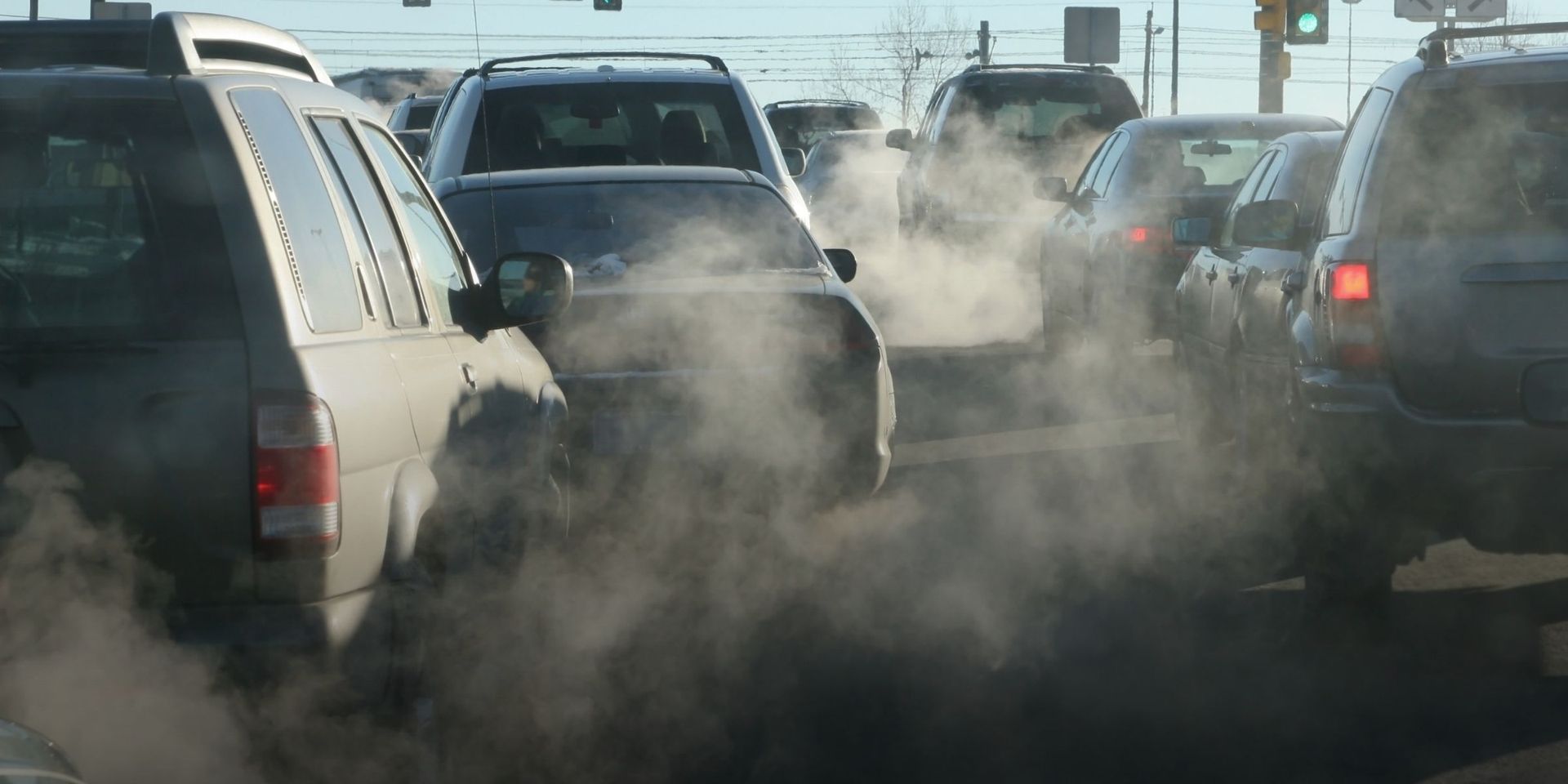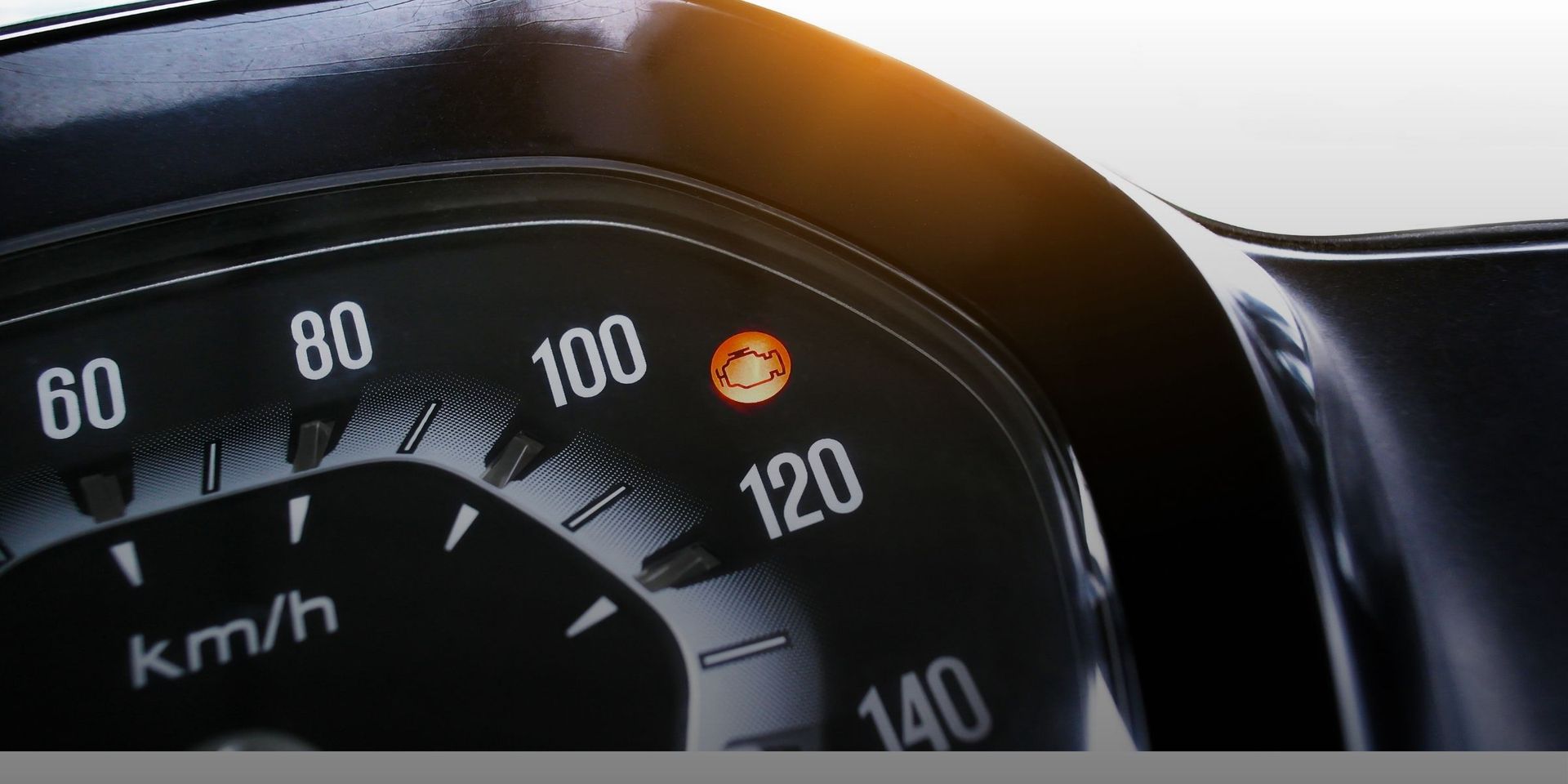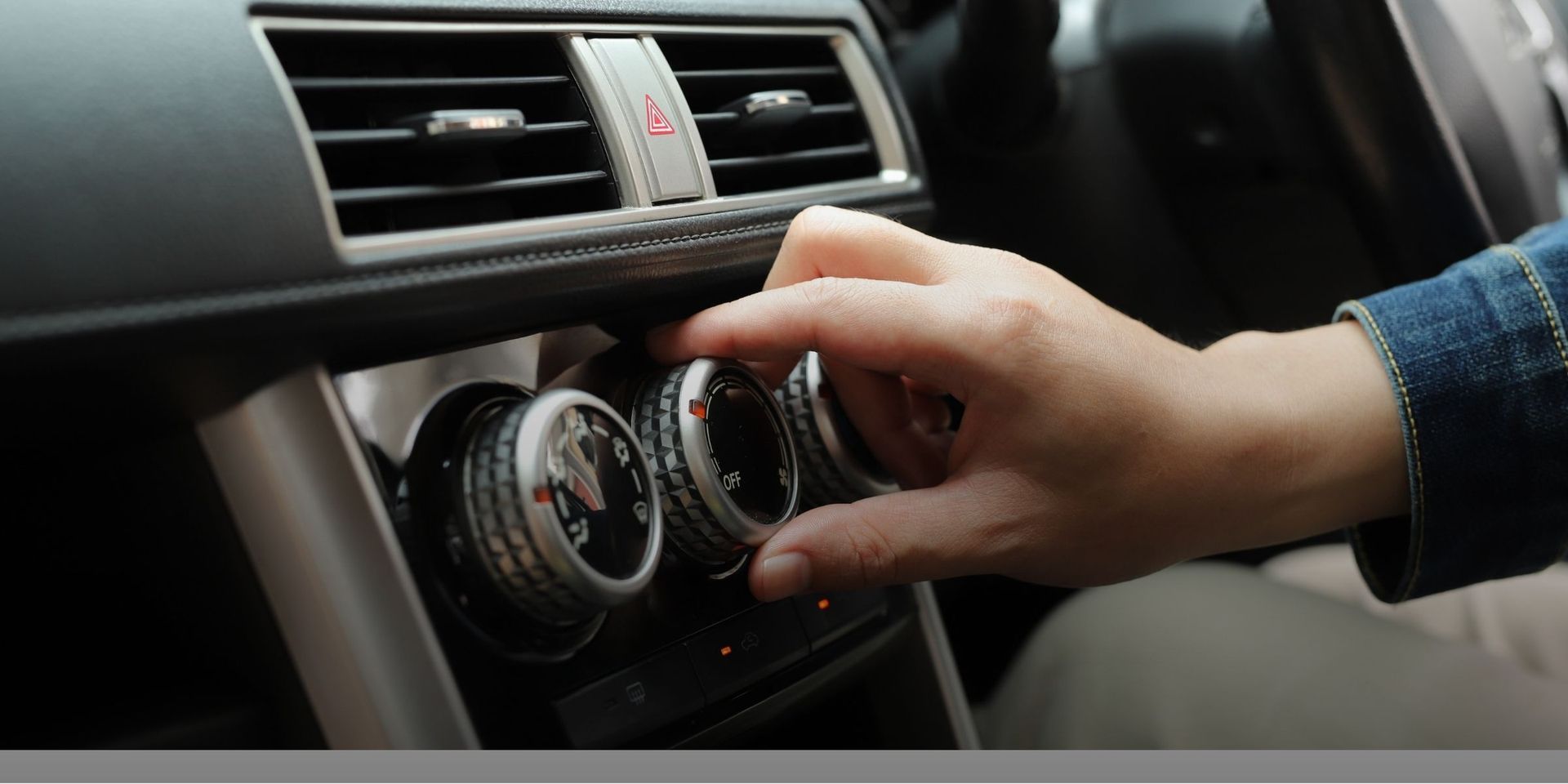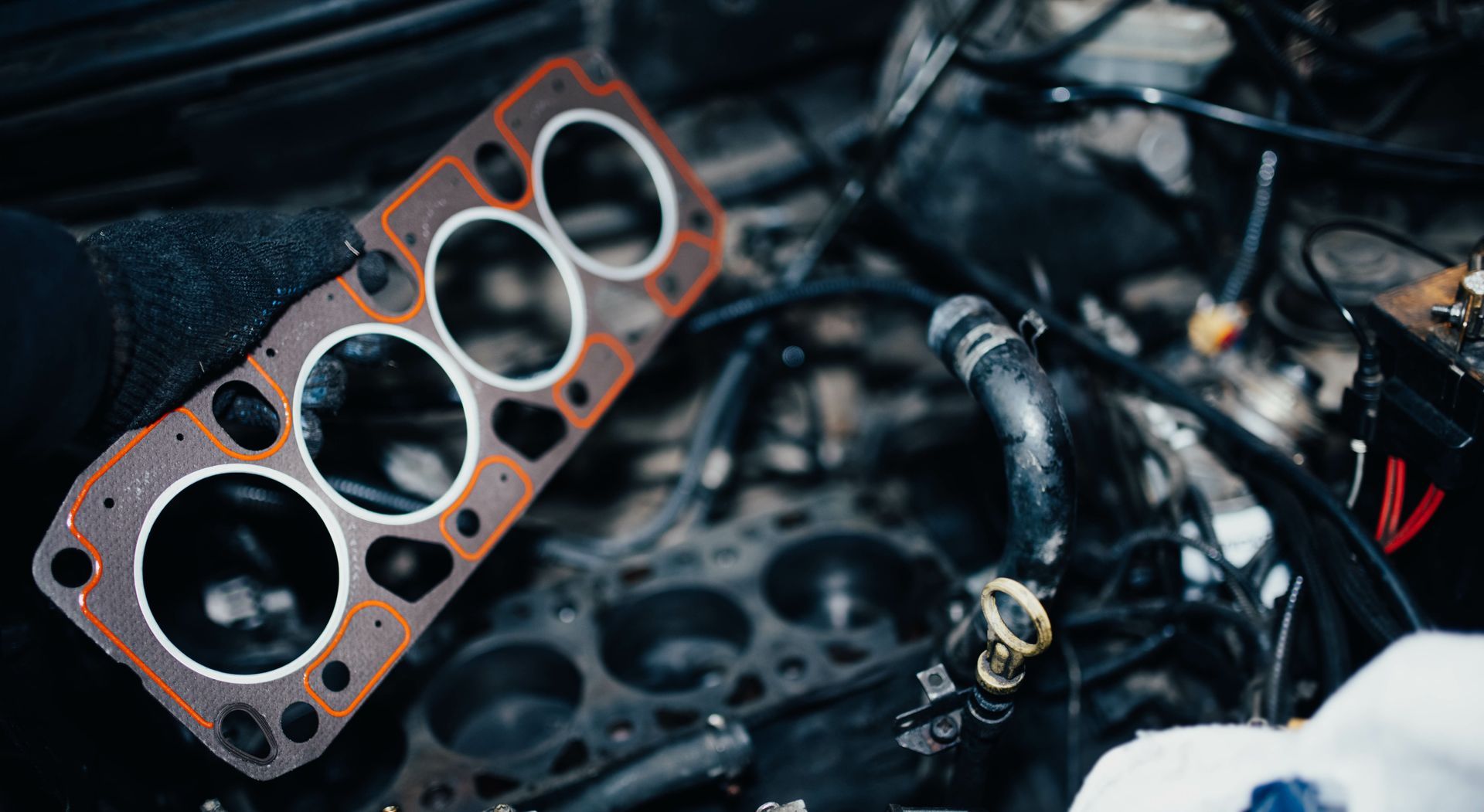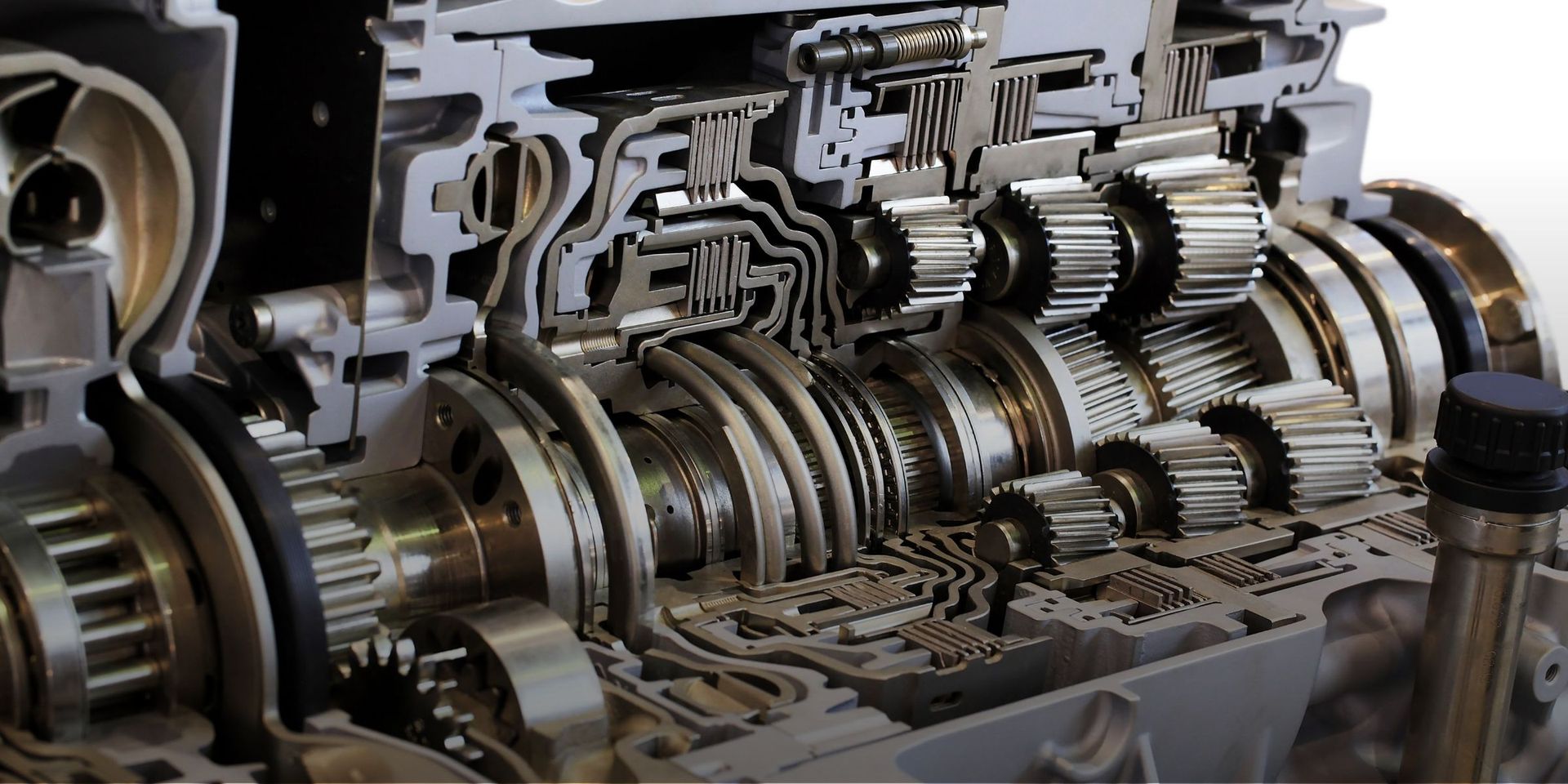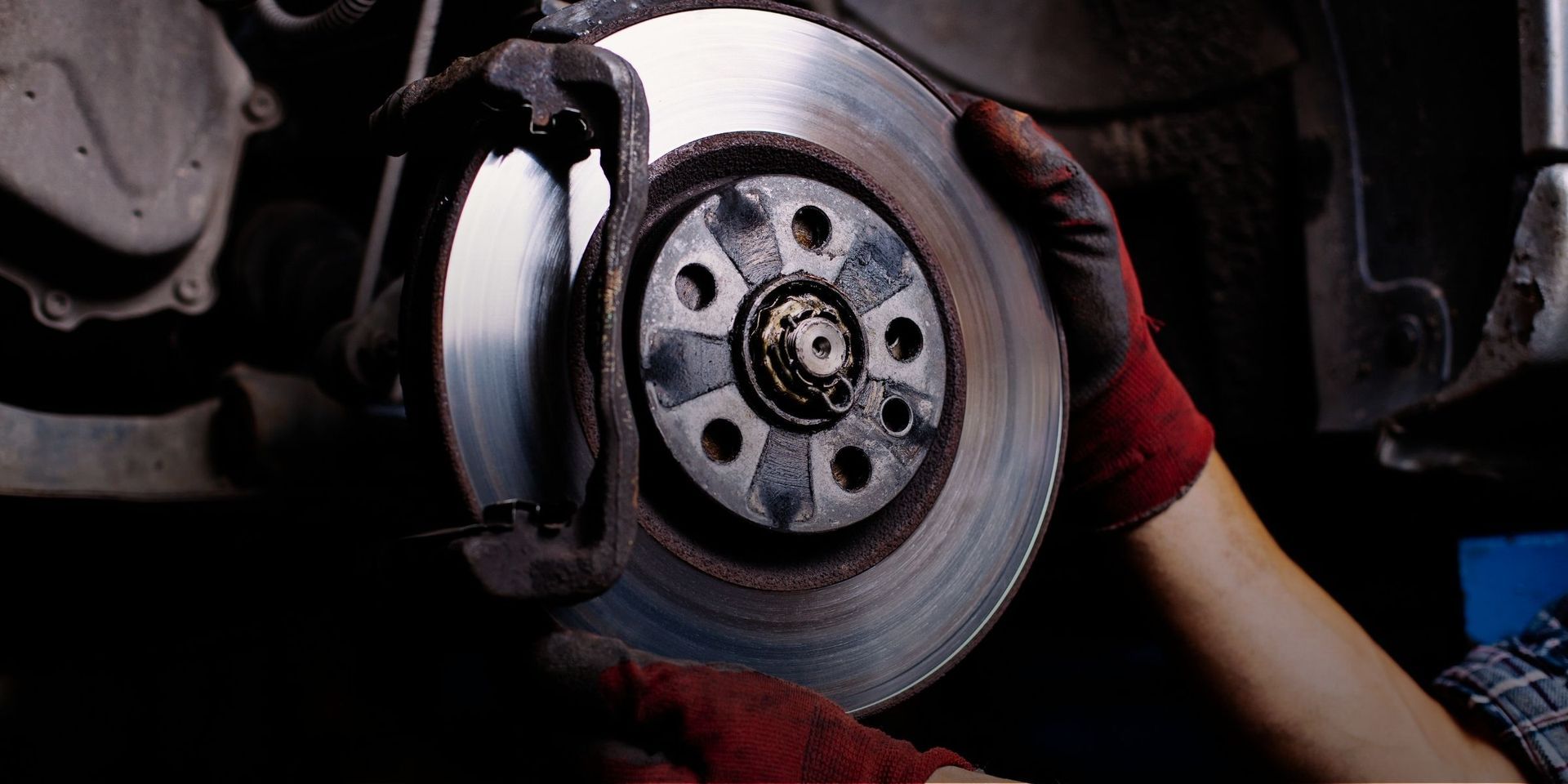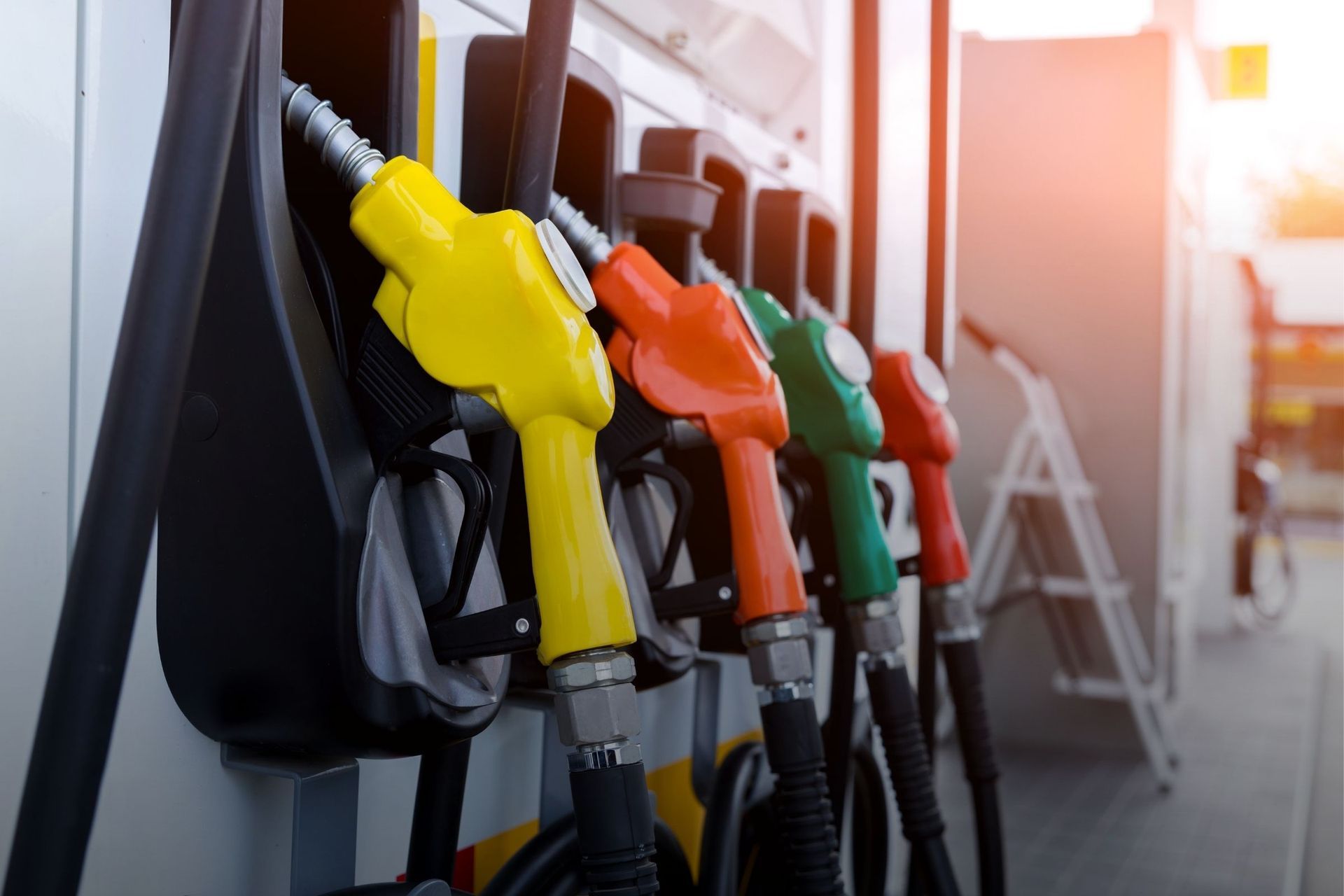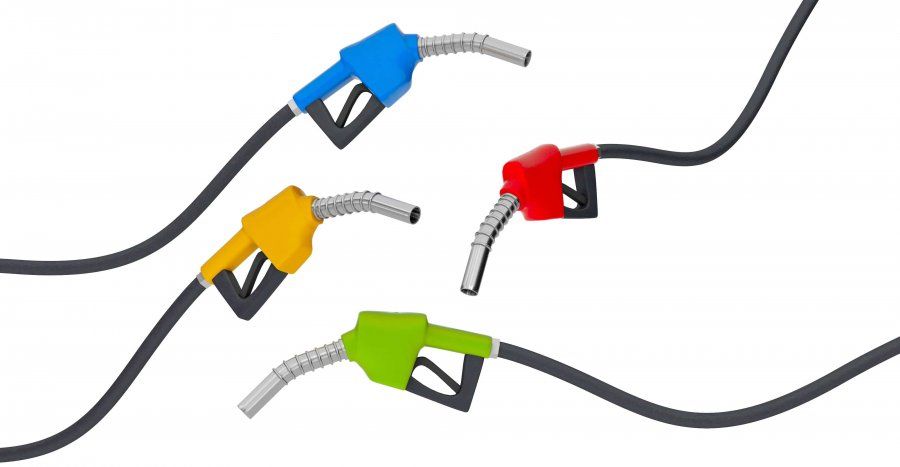
So, can you mix 87 and 89 gas? The answer to this question is somewhat tricky. 87 gas is the standard unleaded gasoline you'll find at most gas stations. 89 gas is premium unleaded gasoline with a higher octane rating.
Regular gas is 87 octanes, and mid-grade or Plus gas is 89 octanes. Premium or Ultra gas is 91–93 octanes.
What Is the Difference Between Types of Gas?
87 gas and 89 gas are both types of octane. Octane measures a fuel's ability to withstand knocking or pinging during combustion or how much compression fuel can take before detonating. The higher the octane rating, the less likely knocking will occur. The amount of octane in fuel determines how volatile it is.87 gas has an octane rating of 87, meaning it's less volatile and less likely to cause knocking than 89. 89 gas has an octane rating of 89, meaning it's more volatile and more likely to cause knocking than 87. Consult your owner's manual if you need help determining what gas your car takes.
Higher octane gasoline belongs in high-performance cars or cars modified for racing. The higher octane rating helps to prevent pinging, allowing the engine to run at higher speeds without damage.
Some claim that mixing octanes will clean parts of the engine, but no evidence supports this idea. Adding mid-grade gas to a car that uses 87-octane will waste the extra money put into the tank. 89 gas will not make your car go faster.
If a manufacturer recommends premium gas, you can still use 87-octane, but it might cause problems to your car’s engine. If you want to use regular gas in a premium car, many gas stations sell octane boosters you can pour into the tank, which will prevent any misfires.
Different fuel grades do not burn the same. A lower octane fuel burns easier.
What Happens if You Mix 87 and 89 Gas?
So, is it bad to mix gas? While it won't cause any significant issues, it's not a good idea to mix 87 and 89 gas. If you find yourself in a situation where you must combine the two types of gas, it's not the end of the world. Your car will be fine, but you may notice a decrease in performance. It's best to fill up with the same type of gas that you're already using.
If you use a lower-than-recommended octane, fuel can combust too quickly for your engine to take full advantage of it. This combustion causes knocking, which sounds like a light pinging or rattling noise. It's a result of the air-fuel mixture in the cylinders igniting too early.
Using a higher-than-recommended octane usually causes no problems except wasting money. Overall, it's best to stick with one type of gas. If you must mix octanes, use the lower octane gas first to avoid potential problems.
Knocking can cause engine damage, so it's essential to avoid it if possible. That's why most cars run on 87-octane gasoline.
How Does Gas Work in an Engine?
Now that you know the answer to “can you mix 87 and 89 gas?” Gas works in an engine by powering the pistons. The pistons move up and down, which turns the crankshaft. The crankshaft connects to the wheels, which makes the car move.
Gasoline is a hydrocarbon, which means it is hydrogen and carbon. When gasoline burns, it produces carbon dioxide and water vapor. That's why when you look at a car exhaust, you see water vapor coming out of the tailpipe.
Engines work by burning fuel in a controlled combustion. The spark plug ignites the mixture of fuel and air, and the pistons compress it. The pressure from the compression pushes the pistons down, which turns the crankshaft. Spontaneous combustion, or knocking, occurs when unburned fuel ignites from the heat of compression rather than from the spark plugs.
Controlled and spontaneous combustion will fight each other and cause the energy from the burning fuel to move unevenly throughout the cylinder. Parts of the air and fuel mixture can start to burn too early. These mini explosions create the knocking noise you may have heard before.
Engines have sensors that detect knocking. When knocking is detected, the spark fires later, which allows fuel to ignite when compression goes down. This process prevents knocking but also reduces engine performance.
Before engines contained sensors, knocking was a significant problem that often caused engine damage. Detonation knock is a noise you'll hear when the air-fuel mixture in the cylinders ignites too early. Parts of the fuel are burning before they should be, and this can cause damage to your engine over time.
Gasoline is a very volatile hydrocarbon, which means it evaporates quickly. That's why gas tanks are usually metal, so the gas can't escape. When you fill up your tank, the gas goes into a reservoir called the fuel tank.
From there, it goes into a fuel line. The fuel line is made of metal or plastic, leading to the engine. There are usually filters in the fuel line to catch any dirt or impurities in the gasoline.
Gasoline also has a lot of energy in it. When it burns, it releases that energy. That's what powers the engine. The energy in the gas detonates in a controlled way. That's why engines are so efficient.
Engines burn gasoline completely. That's why you don't see any smoke from the tailpipe. If the engine needs repair, you might see some smoke. That's because the gasoline is burning partially.
Final Thoughts
So, can you mix 87 and 89 gas? You can mix 87 and 89 gas. However, it's a bad idea because the two fuels have different octane ratings. When you put them together in your car's tank, the engine will try to adjust to the lower octane rating of 87 and could potentially cause damage.
The primary consideration is whether your car requires premium gasoline. If it does, you should use 87-octane only in an emergency. Otherwise, you risk hurting your engine.
If your vehicle doesn't require premium gasoline, 89-octane will work just fine. However, you might see no difference in performance since the octane rating of 89 is close to the 87-octane rating.
Visit America’s Service Station today for all issues related to vehicle repairs.

